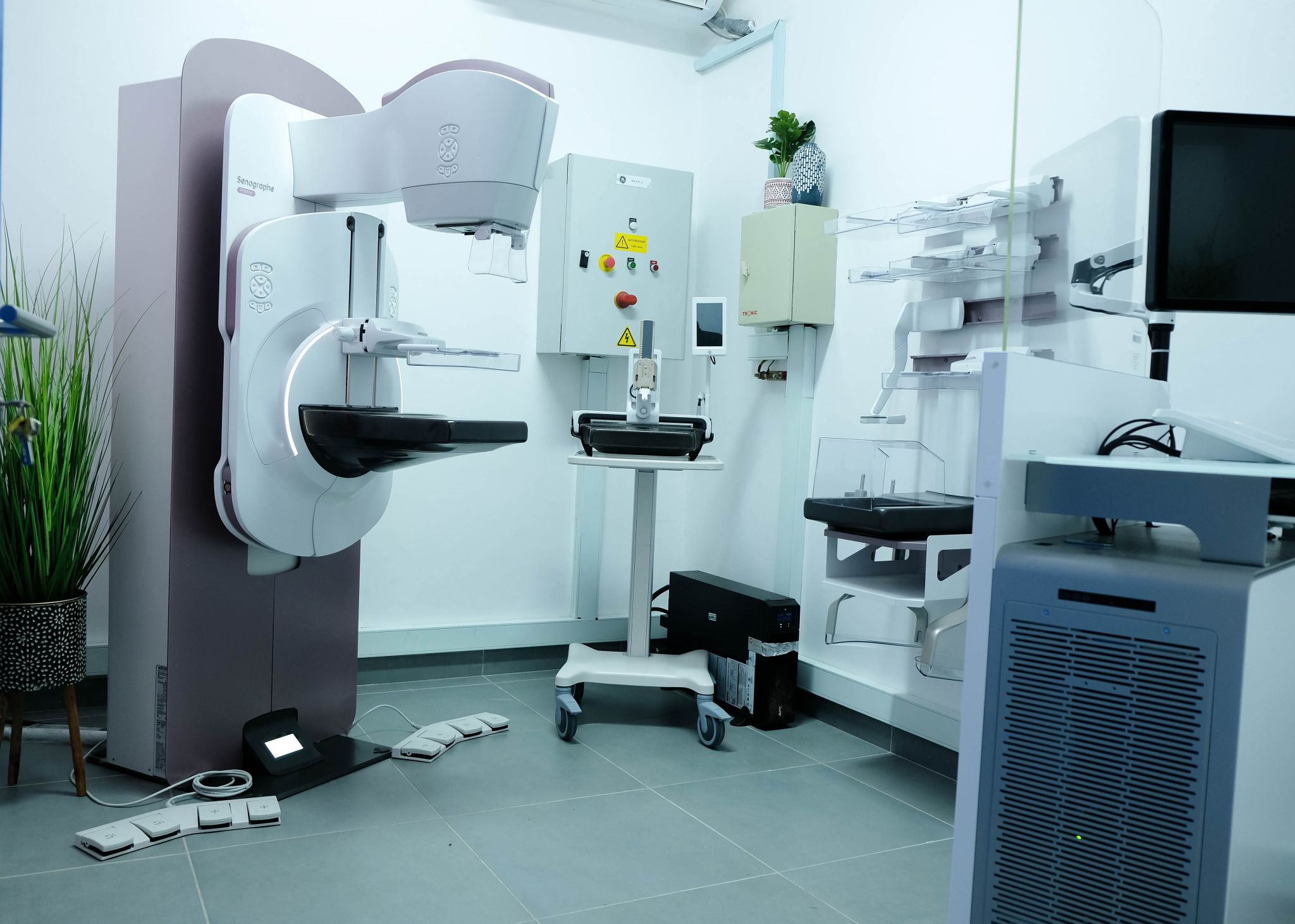Tanzania’s healthcare system has received a significant boost through the RSNA Global Learning Center (GLC) program, in collaboration with GE Healthcare, for this transformative donation to Muhimbili National Hospital. Special thanks also go to the Tanzanian government for fostering impactful partnerships that make initiatives like this possible.
Muhimbili National Hospital unveils the advanced Senographe Pristina 3D mammography for revolutionized breast imaging. Senographe Pristina sets the bar high for diagnostic confidence and performance, leveraging the Senographe family’s widely recognized image quality.
The introduction of this technology would help improving delivery of healthcare in Tanzania
The importance of diagnostic accuracy in screening or diagnostic mammograms cannot be overstated. Mammography is a vital tool in detecting breast cancer, particularly in its early stages, when treatment options are more effective, and patient outcomes are significantly improved. The accuracy of mammograms directly impacts a patient’s diagnosis and treatment plan, making it crucial for ensuring timely and appropriate care.
- Early Detection of Breast Cancer: Correct mammograms allow early detection of breast abnormalities, including cancerous growths. Early diagnosis often leads to more treatment options, less invasive procedures, and a higher chance of survival. When diagnostic accuracy is high, smaller tumors and subtle changes in breast tissue can be detected before they become more advanced.
- Reducing False Positives and Negatives: High diagnostic accuracy minimizes the occurrence of false positives, which can lead to unnecessary stress, extra testing, and invasive procedures for patients. Similarly, it reduces false negatives, which are even more dangerous, as they may lead to missed cancer diagnoses, delaying critical treatment.
- Personalized Treatment Plans: Accurate mammography results allow healthcare providers to make informed decisions about the appropriate treatment pathway. This could range from monitoring a benign condition to initiating early treatment for cancer. With precise imaging, doctors can determine whether a biopsy or further imaging is needed, streamlining the diagnostic process.
- Enhanced Patient Confidence and Comfort: When patients undergo mammograms, knowing that the technology provides high diagnostic accuracy can increase their confidence in the care they are receiving. This reassurance may encourage more women to participate in regular screenings, an essential factor in early cancer detection and prevention.
- Optimising Healthcare Resources: Accurate mammograms help healthcare systems allocate resources more efficiently. By reducing unnecessary follow-up procedures and treatments for false positives, medical staff and technology can focus on patients with confirmed diagnoses, improving the overall efficiency and effectiveness of healthcare delivery.
Muhimbili National Hospital Background
Muhimbili National Hospital (MNH) serves as Tanzania’s National Referral Hospital and University Teaching Hospital. It is a 1,500-bed facility that attends to 1,000 to 1,200 outpatients and admits a similar number of inpatients each week. The hospital employs 2,700 staff members, including 300 doctors and specialists, 900 registered and enrolled nurses, with the remaining employees supporting various operational functions. Muhimbili National Hospital is structured into seven directorates: Clinical Services, Nursing Services & Quality, Clinical Support Services, Human Resources, Finance and Planning, Technical Services, and Information & Communications Technology. It operates through 25 departments and 106 units.
Appreciation goes to Frederick Lyimo, MD Cardiovascular & Thoracic Imaging Radiologist | Head, Radiology & Diagnostic Imaging Section Tanzania



